The U.S. federal government has introduced a new presidential proclamation implementing targeted travel restrictions on specific countries as part of an expanded strategy to safeguard national security and immigration integrity. Signed by President Donald J. Trump on June 4, 2025, the order restricts entry for nationals of several countries cited for elevated security risks, immigration non-compliance, or inadequate cooperation with U.S. authorities.
The proclamation, publicly announced by the Department of Homeland Security (DHS) and the U.S. Department of State, outlines a two-tier approach: a full travel suspension for 12 countries and partial restrictions for an additional 8 nations. The new guidelines are scheduled to take effect on Monday, June 9, 2025, at 12:01 a.m. Eastern Time.
Countries Affected by the Proclamation
According to the DHS and State Department documentation, the following countries are subject to full travel bans under the new directive:
- Afghanistan
- Myanmar (Burma)
- Chad
- Republic of the Congo
- Equatorial Guinea
- Eritrea
- Haiti
- Iran
- Libya
- Somalia
- Sudan
- Yemen
An additional set of countries is subject to partial restrictions:
- Burundi
- Cuba
- Laos
- Sierra Leone
- Togo
- Turkmenistan
- Venezuela
These restrictions vary based on the nature of the deficiencies outlined by the DHS and are specific to certain visa categories, entry purposes, and security concerns.
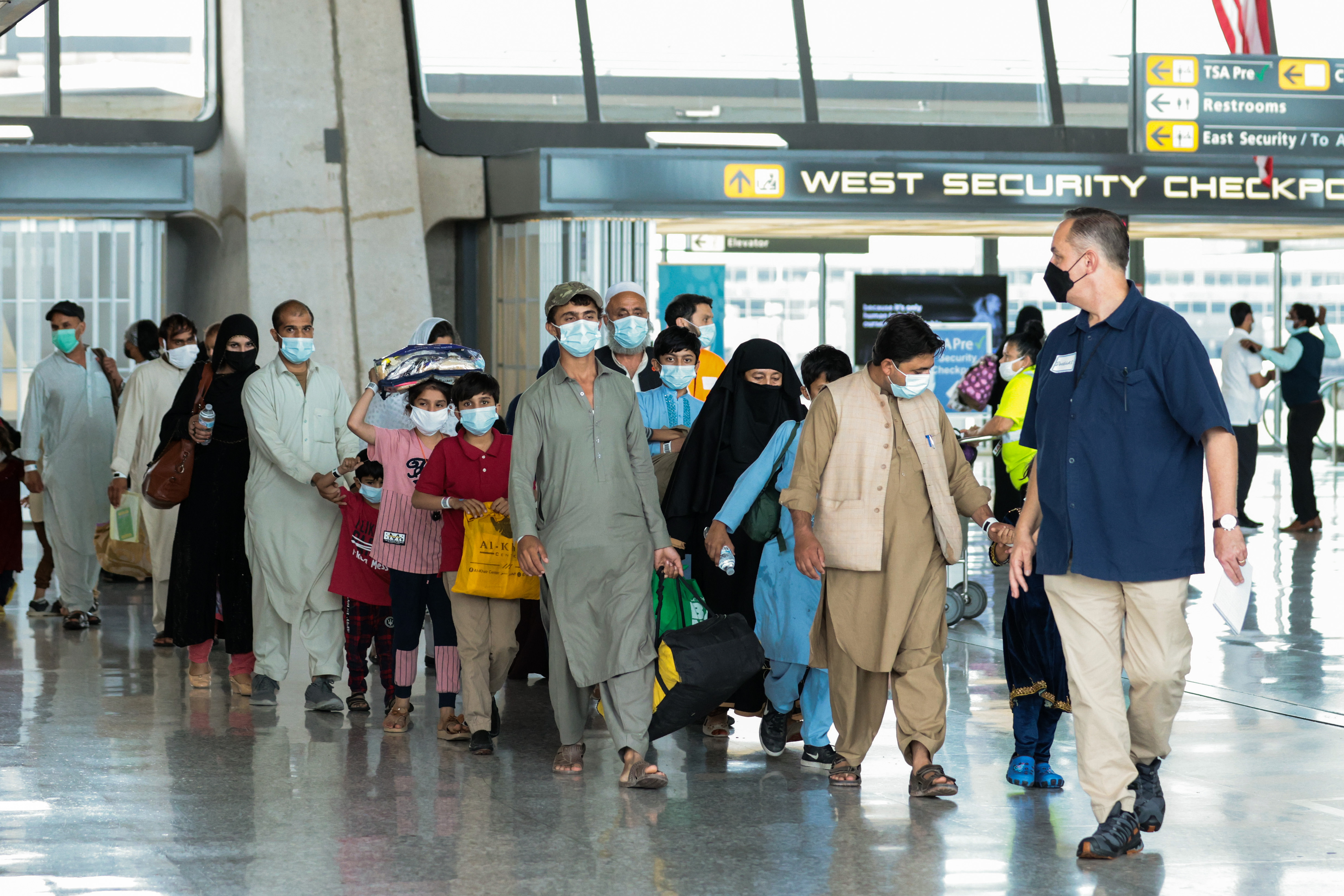
Criteria for Restriction
The travel restrictions are informed by data from the Visa Overstay Report and other U.S. national security assessments. According to the 2023 DHS Annual Report, countries were assessed on criteria including:
- Visa overstay rates (especially among B1/B2 and F visa holders)
- Lack of repatriation cooperation
- Inability to verify traveler identities
- Absence of reliable travel or civil documentation systems
- Concerns regarding terrorism or transnational crime
For instance, DHS data indicate that Afghanistan had an overstay rate of 29.30% for students and exchange visitors in 2023. The absence of a reliable central passport authority and control by sanctioned groups such as the Taliban were additional factors cited.
Similarly, Myanmar recorded a 27.07% overstay rate for B1/B2 visa holders and was found to lack effective repatriation agreements with the U.S.
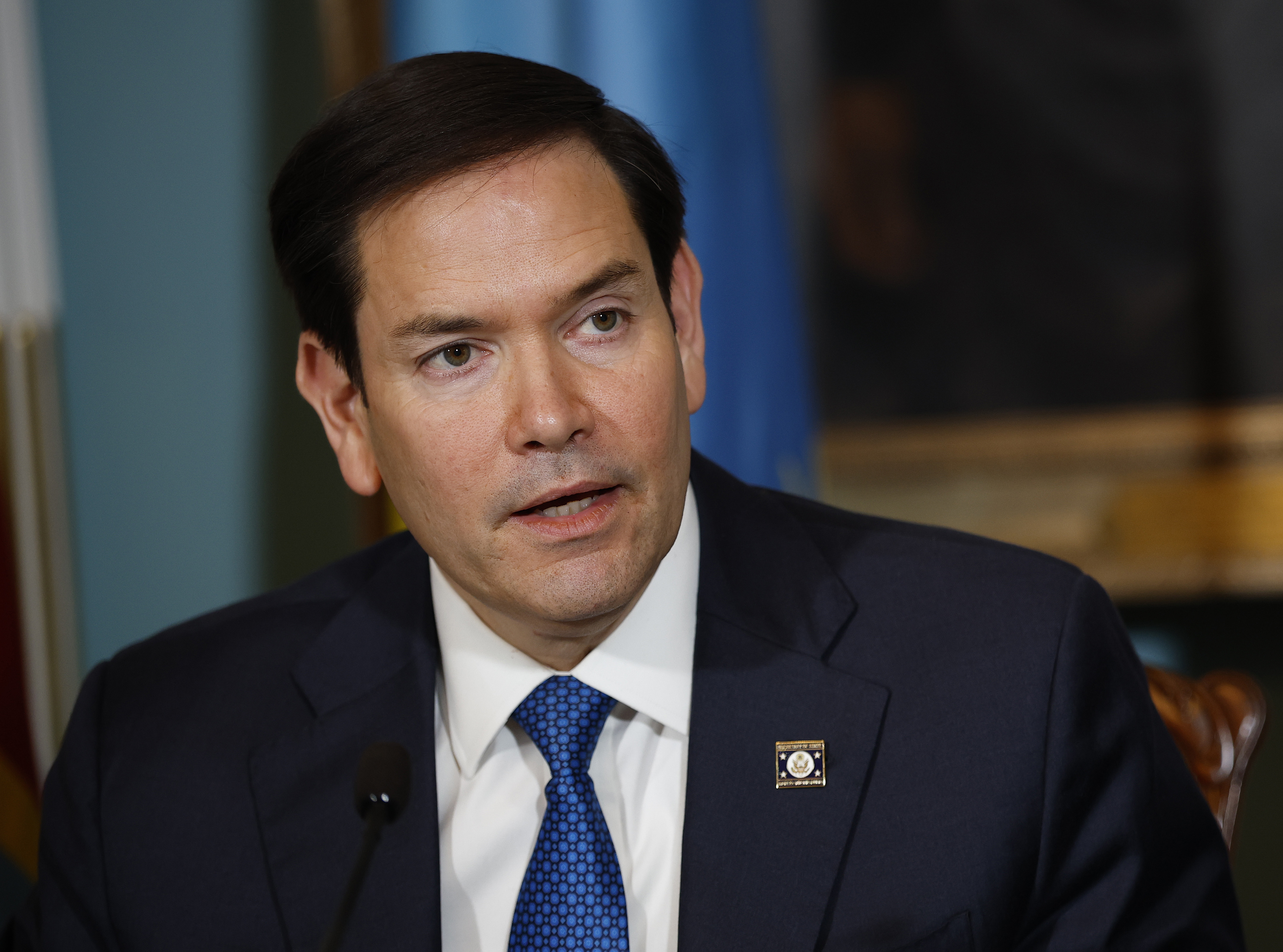
Lawful Exceptions and Humanitarian Considerations
The proclamation includes important exemptions for the following groups:
- U.S. lawful permanent residents (green card holders)
- Visa holders already in possession of valid entry documents
- Individuals with diplomatic or official visas
- Travelers whose entry is deemed to serve U.S. national interests
- Applicants who qualify for waivers under existing immigration law
The U.S. Department of State emphasized that these restrictions are dynamic and subject to change based on each country’s progress in meeting security benchmarks.
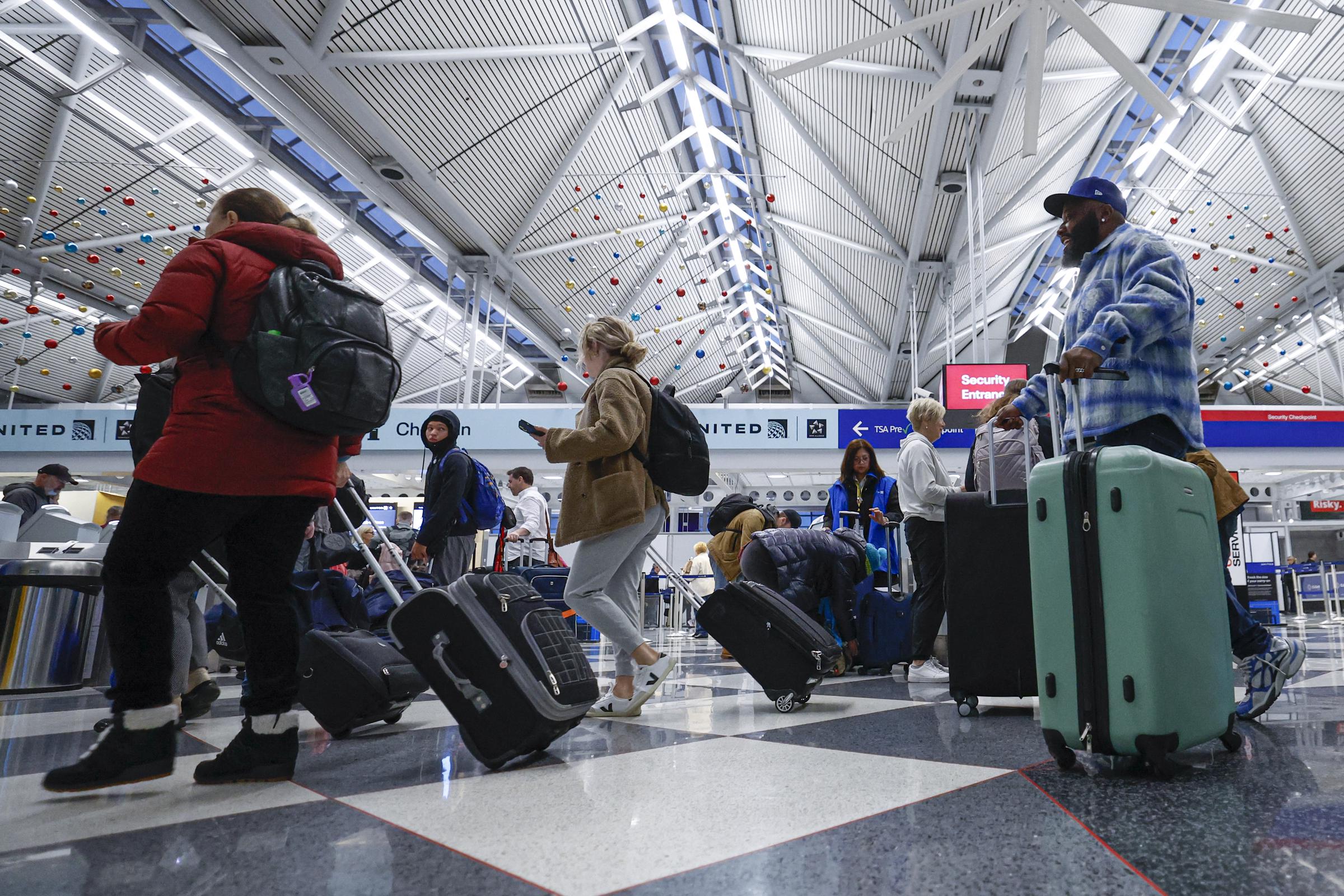
National Security and Foreign Policy Implications
In official remarks, the administration characterized the policy as “country-specific and risk-based,” reflecting both internal immigration priorities and external foreign policy objectives. The approach builds on precedents from earlier travel-related proclamations implemented in prior administrations, including during periods of heightened global instability.
According to the National Security Council, the policy is not intended to target individuals based on religion or ethnicity but to encourage cooperation from foreign governments in improving document verification and traveler screening standards.
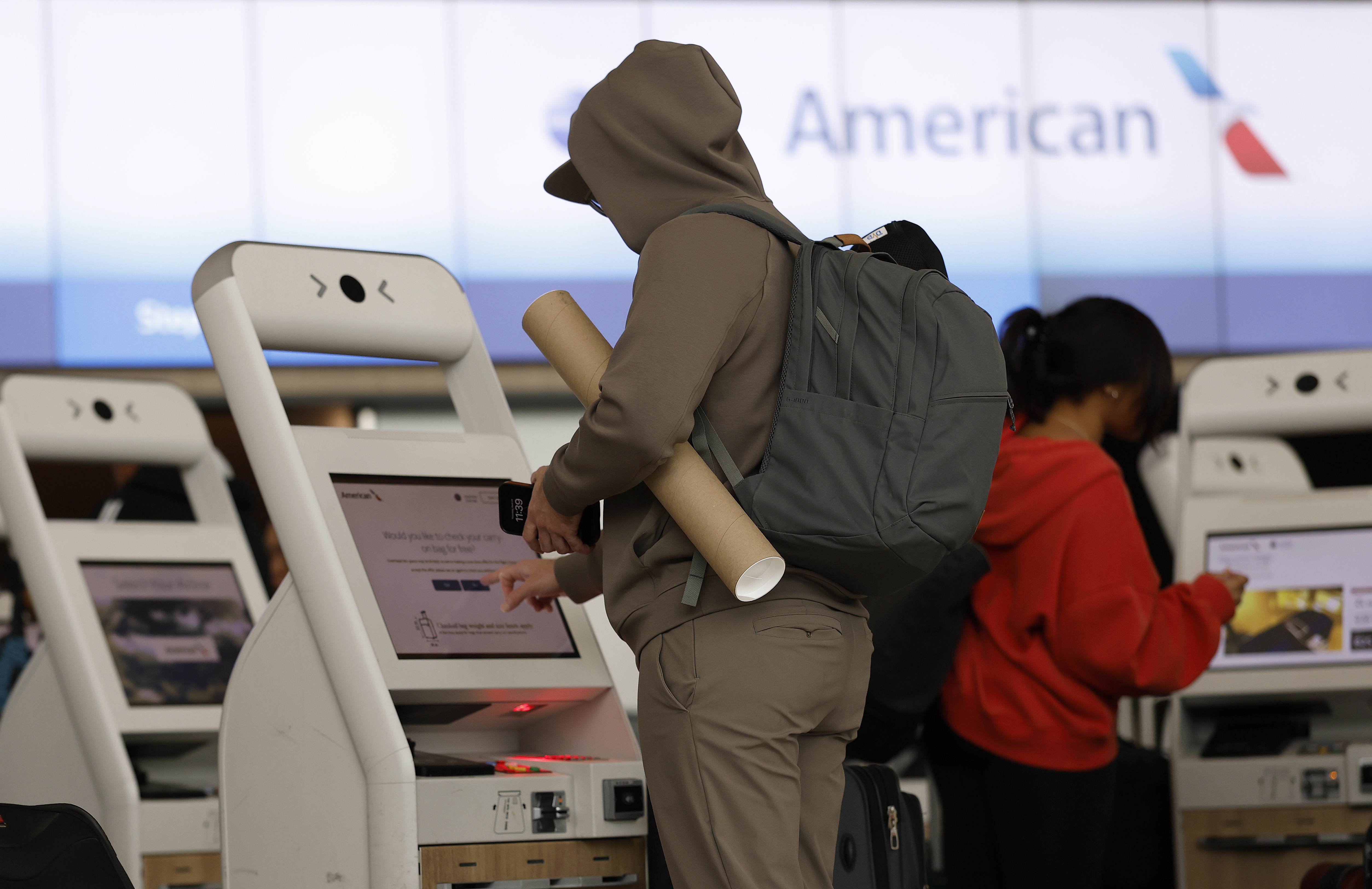
U.S. Travel Advisory System Updates
Concurrently, the U.S. Department of State updated its travel advisory system, which ranks countries from Level 1 (Exercise Normal Precautions) to Level 4 (Do Not Travel) based on safety and health risks. As of May 2025, the Level 4 list includes countries such as:
- North Korea
- Iran
- Syria
- Russia
- Yemen
- Haiti
- Somalia
- South Sudan
- Democratic Republic of the Congo
- Afghanistan
The advisory system takes into account factors such as armed conflict, terrorism, civil unrest, disease outbreaks, and criminal activity. North Korea, for example, remains under a strict “Do Not Travel” advisory, and U.S. passports are invalid for travel to the country without specific authorization.
Due to the absence of formal diplomatic relations, the U.S. cannot provide consular services in North Korea. The Swedish Embassy in Pyongyang acts as the protecting power for U.S. interests but is frequently restricted from accessing detained Americans.
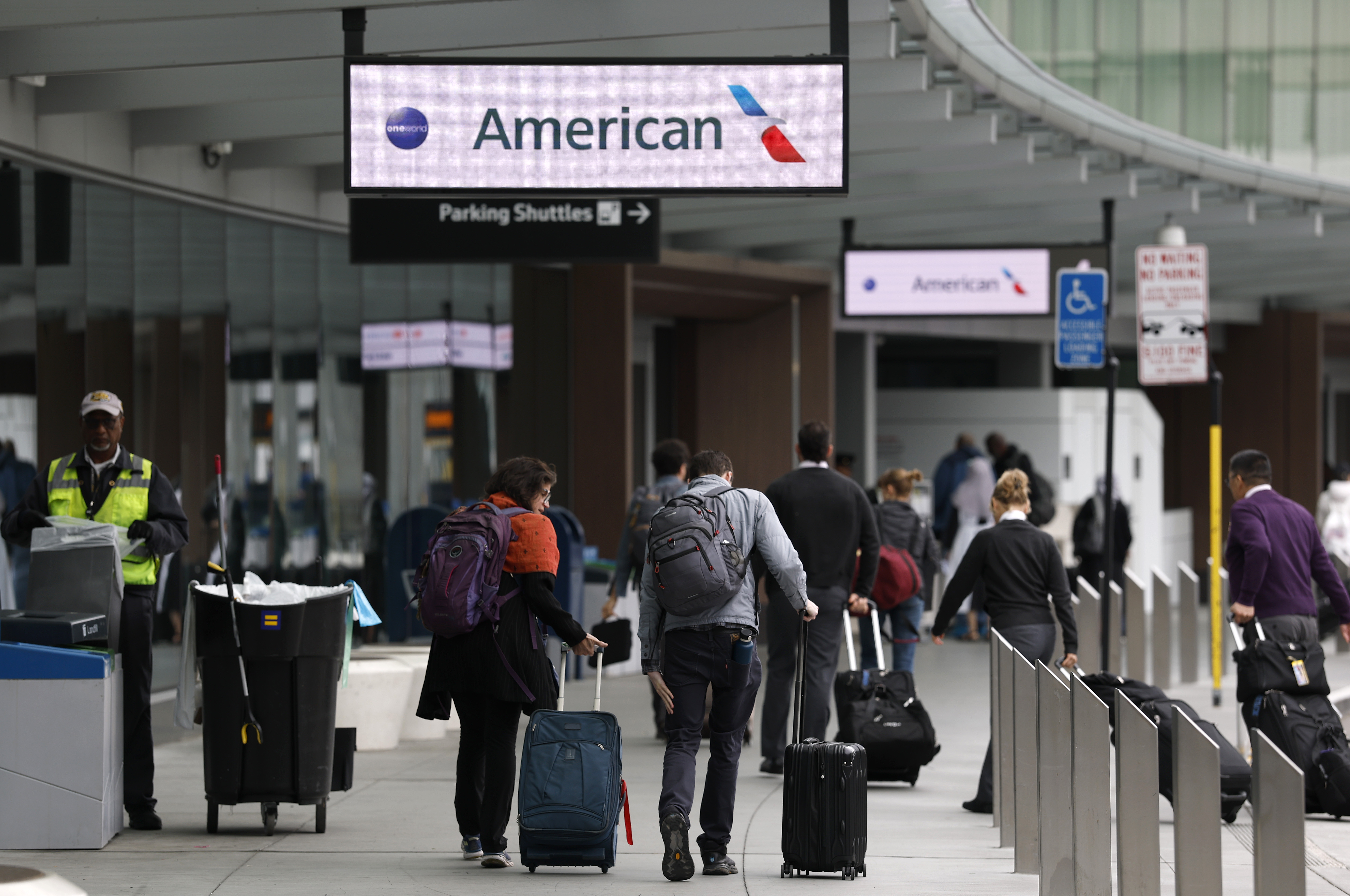
Travel Risks in Latin America and Africa
The State Department continues to monitor evolving risks in regions such as Mexico, where a state-by-state advisory system is maintained. Six Mexican states, including Sinaloa, Michoacán, Guerrero, Tamaulipas, Zacatecas, and Colima, are currently categorized as Level 4 due to high levels of organized crime and frequent acts of violence.
Other regions under scrutiny include:
- Uganda: The U.S. updated its Level 3: Reconsider Travel advisory in April 2025, citing security challenges, crime, and the legal environment impacting LGBTQ+ individuals.
- Venezuela: Cited for weak civil institutions and elevated visa overstay rates.
- Chad and Congo: Noted for overstay rates exceeding 30% and challenges in traveler screening infrastructure.
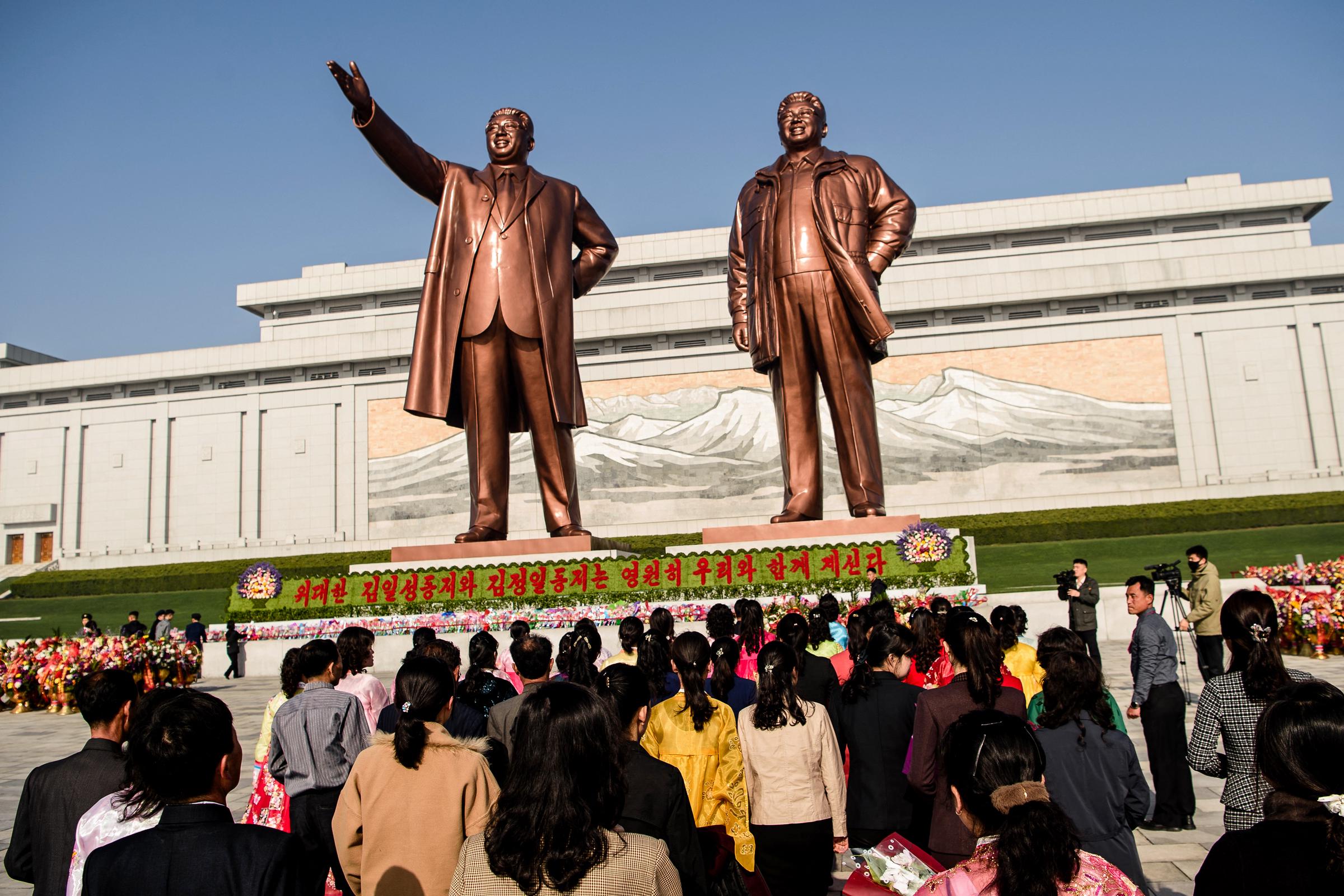
Recommendations for Travelers
The U.S. government encourages citizens to remain vigilant when traveling internationally and to:
- Enroll in the Smart Traveler Enrollment Program (STEP) to receive real-time security updates
- Check the CDC Travel Health Notices before traveling
- Maintain a low profile in areas with high crime or civil unrest
- Avoid demonstrations and large gatherings, which can become unpredictable
- Refrain from displaying wealth or using unauthorized transportation services
- Keep emergency contact and evacuation plans in place
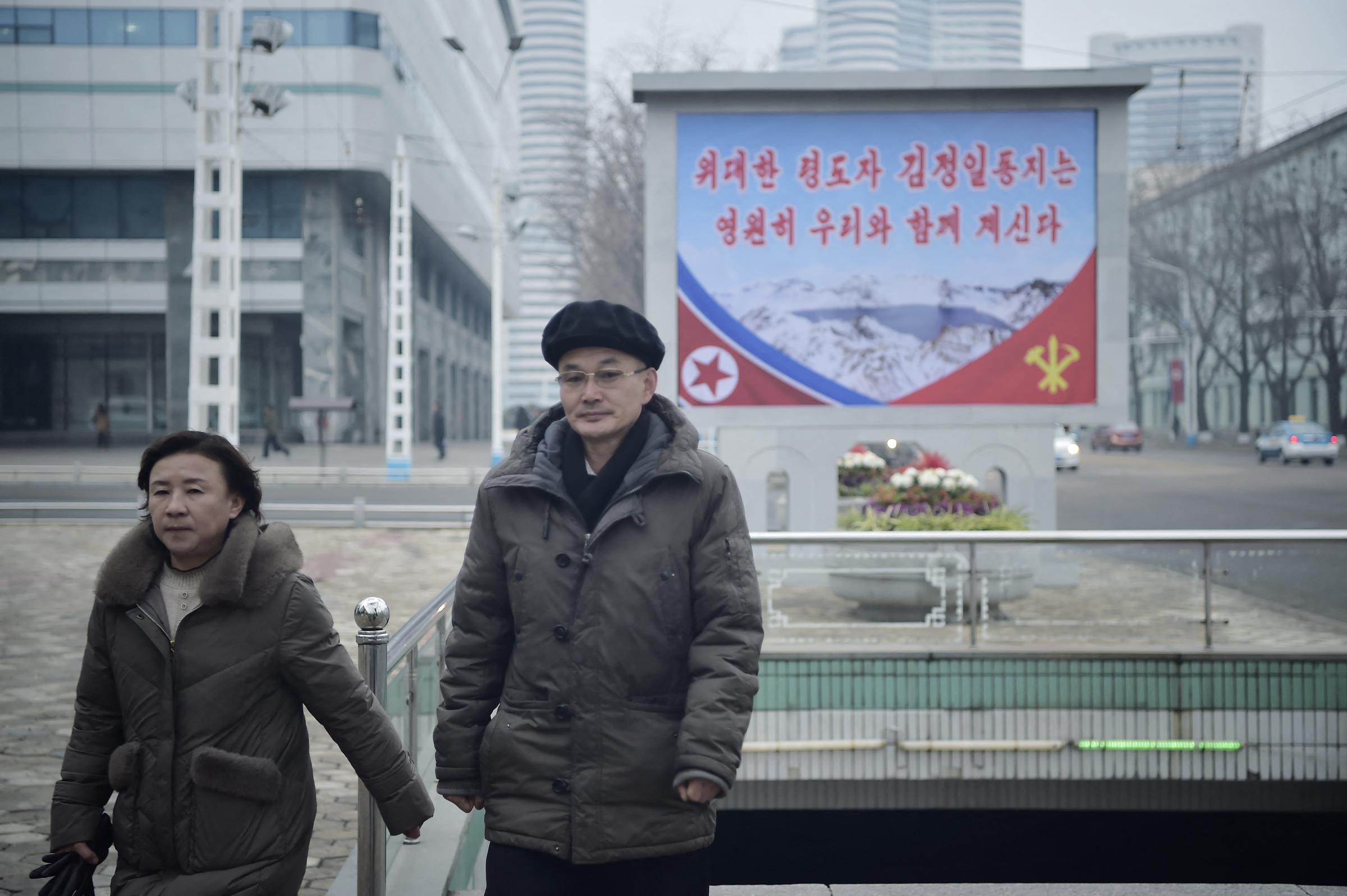
Ongoing Monitoring and Compliance Reviews
The travel restrictions implemented by the proclamation are subject to periodic review. The U.S. Secretary of Homeland Security, in coordination with the Secretary of State, is authorized to revise, extend, or rescind country-specific restrictions based on improved compliance, verified security cooperation, and updated threat assessments.
This flexible approach is designed to incentivize reform and ensure that countries working to align with U.S. standards are not permanently penalized.
Verified Sources:
- U.S. Department of Homeland Security
- U.S. Department of State
- Federal Register: Presidential Proclamations
- Centers for Disease Control and Prevention (CDC)
- CNN
- Reuters
- The New York Times
